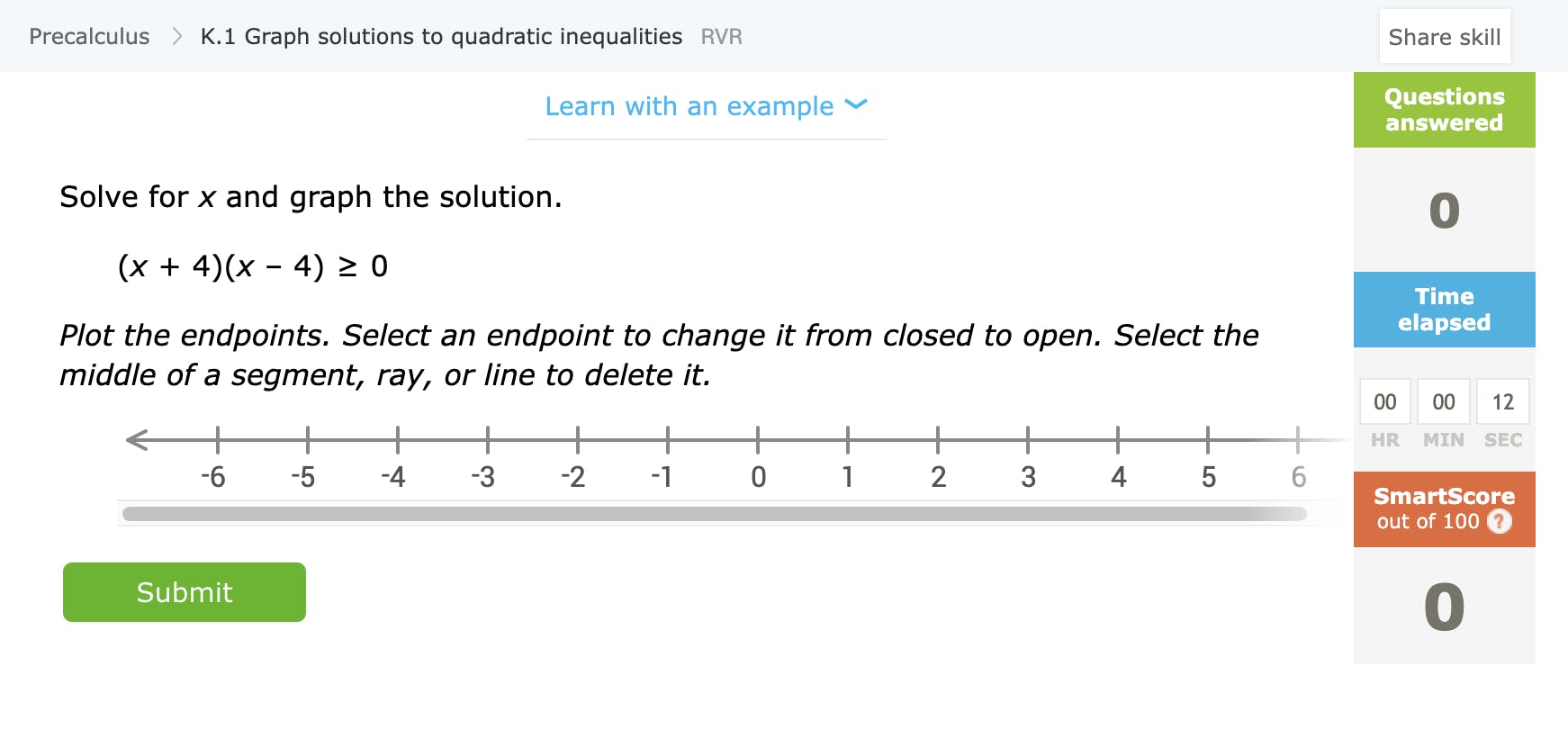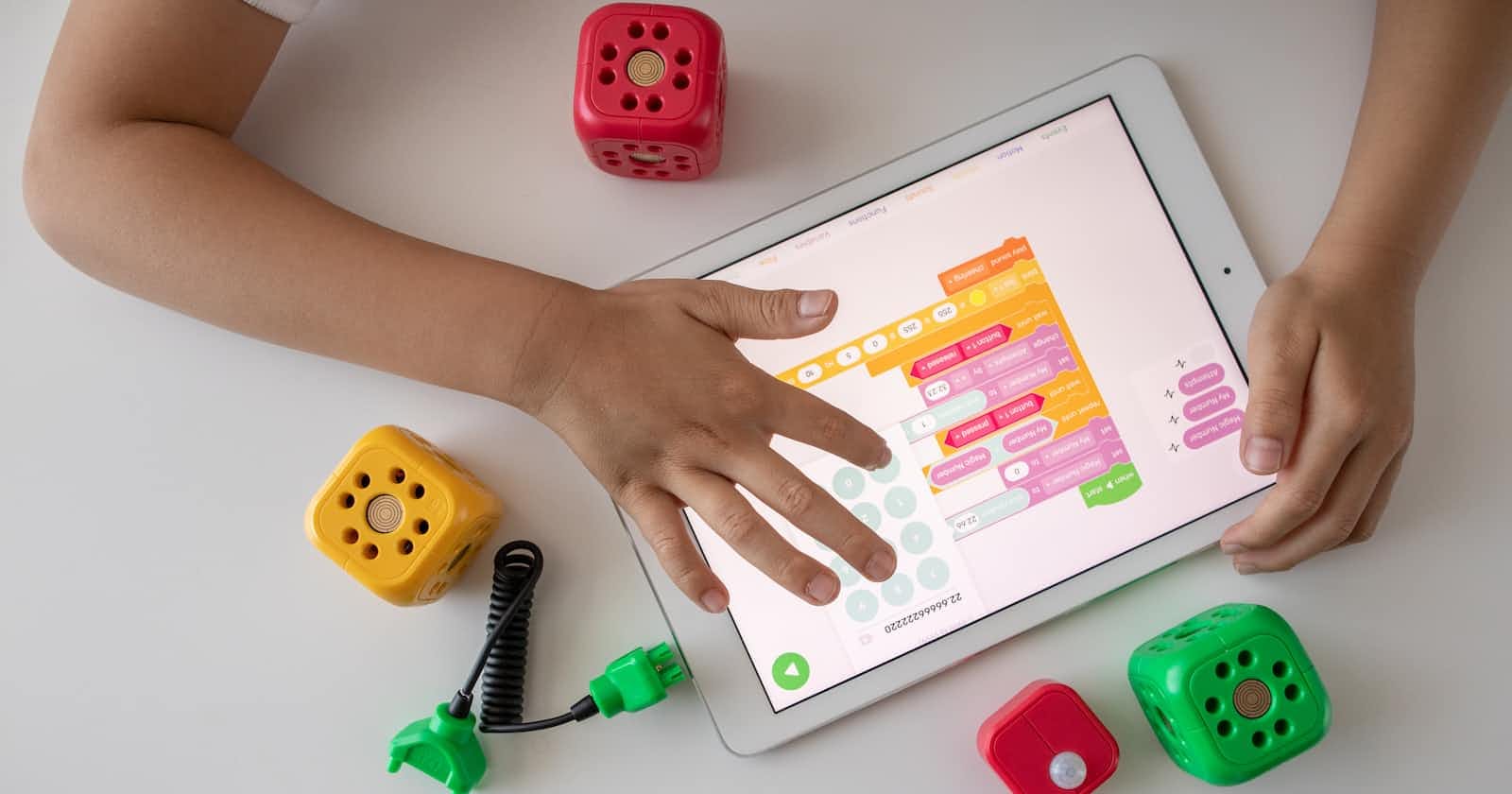
Photo by Robo Wunderkind on Unsplash
Tech-Enabled Learning: EdTech Options for K-12 Students in 2023
A quick guide for parents and educators considering EdTech options
EdTech, or Education Technology, has come a long way in the past 15 years. Around the turn of the century, classrooms around the world were still dominated by traditional methods of teaching, such as textbooks, lectures, and blackboards. However, with the advent of new digital technologies, educators and entrepreneurs began to explore new ways to enhance the learning experience for students of all ages. Today, the EdTech industry is booming, with a wide range of startups and established companies offering innovative solutions for K-12 students. In this article, we will explore some of the top EdTech startups for K-12 in 2023, examining their features, benefits, and potential drawbacks. Whether you're a parent, teacher, student, or developer this guide will provide valuable insights into the latest trends and innovations in EdTech.
When comparing and contrasting different EdTech startups, you may want to consider the following factors:
Educational content and features: The quality and comprehensiveness of the educational content and features offered by the EdTech startup is an essential factor to consider. It is crucial to ensure that the content and features align with the learning objectives of the curriculum and are appropriate for the target age group.
Ease of use and accessibility: The ease of use and accessibility of the platform are important factors to consider, especially for K-12 students who may not have the technical expertise to navigate complex systems. The platform should be user-friendly and accessible on different devices, including smartphones, tablets, and laptops.
Affordability: Cost is another important factor to consider. The platform should be affordable for schools and parents, and it should provide value for the money spent.
Security and privacy: The platform should be secure and protect the privacy of the students' data. It should also comply with the relevant data protection laws and regulations.
Feedback and reviews: It is always a good idea to read feedback and reviews from other users to gain insight into the platform's strengths and weaknesses.
With these factors in mind, let's take a look at some of the fast-growing EdTech startups for K-12 students:
Brainly: Brainly is an online learning platform that provides homework help and tutoring services. It has a vast community of students and educators who help each other with academic questions. Pros: Provides students with immediate access to answers for their academic queries, and has a broad range of subjects. Cons: Users can sometimes copy and paste answers without learning.
Duolingo: Duolingo is a language learning platform that uses gamification techniques to make learning fun and engaging. Pros: Free language learning app, and fun user interface. Cons: Lack of one-to-one interaction with teachers.
Quizlet: Quizlet is an online learning platform that provides a range of study tools such as flashcards, practice quizzes, and study games. Pros: Interactive and fun for students, and has a broad range of study topics. Cons: It is not a substitute for real classroom learning, and students may rely on the platform rather than learning themselves.
Edmentum: Edmentum is an online learning platform that provides personalized learning solutions for K-12 students. Pros: Highly customizable to fit each student's unique learning needs, and provides real-time data to track student progress. Cons: Can be expensive for some school districts.
Coursera for Schools: Coursera for Schools is an online learning platform that provides access to university-level courses to K-12 students. Pros: Provides access to a broad range of subjects and courses, and can help prepare students for higher education. Cons: Some courses may be too advanced for K-12 students.
Edpuzzle: Edpuzzle is an online learning platform that provides interactive video lessons for K-12 students. Pros: Interactive and engaging for students, and allows for personalized learning. Cons: Limited course material and may not be suitable for all subjects.
Code.org: Code.org is an online learning platform that teaches students how to code. Pros: Provides an essential skill set for the future, and provides a fun and engaging way to learn. Cons: Limited course material and may not be suitable for all students.
Seesaw: Seesaw is an online learning platform that provides digital portfolios for K-12 students. Pros: Allows for easy communication between teachers and students, and provides a platform for students to showcase their work. Cons: May not be suitable for all subjects, and may not provide enough depth for advanced students.
Outschool: Outschool is an online learning platform that provides live, interactive online classes for K-12 students. Pros: Provides a range of classes for students, and allows for personalized learning. Cons: Can be expensive for some families, and may not be accessible to all students.
IXL: IXL is an online learning platform that provides personalized learning experiences for K-12 students in various subjects, including math, language arts, science, and social studies. Pros: Highly customizable to fit each student's unique learning needs, provides instant feedback and has a comprehensive set of topics to cover. Cons: It can be expensive for some school districts and may not be suitable for all subjects or students who prefer a more interactive learning environment.
I personally used IXL throughout my years of teaching High School Mathematics. It helped me track student progress and tailor instruction to each student's individual needs.

The platform uses adaptive learning technology that adjusts the difficulty of the activities based on the student's performance, which allowed me to identify areas where my students were struggling and provide targeted instruction to help them improve. IXL also provided real-time progress reports and feedback to both students and teachers, which helped me monitor student progress and adjust my teaching accordingly. Overall, I found IXL to be a valuable tool for enhancing the learning experience for my students and helping them achieve academic success.
That is just based on my experience, so the other options are right up there too. Remember to consider your personal use case when deciding on which companies and services you want to invest in. By no means are you restricted to one option either, depending on your budget of course? The great news there is that most of these options have free versions with perhaps all the features you are looking for. Good luck!
